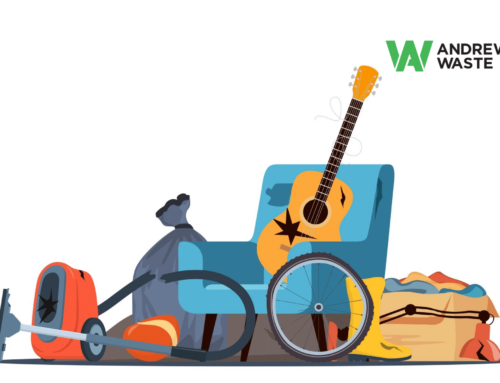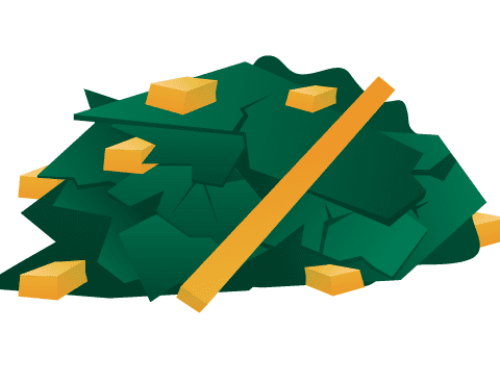5 Surprising Things That Can Be Recycled.
As we aim to be a more environmentally aware country, recycling is becoming increasingly essential. Most people know the basics, thanks to the provision of household recycling bins that the council empties regularly. There are waste streams like Paper and Cardboard, Cans, bottles and gardens, and food waste that can be recycled easily. Whilst plenty of things can be recycled; there are yet many that can’t – but not as much as you’d believe. With this in mind, we’ve put together a list of 5 surprising things that can be recycled.
- Nappies
While it is no wonder that reusable (cloth) nappies can be recycled, disposable nappies are a different matter—a UK-based corporation who have developed a method of doing just that. Nappies are sanitised before being divided into various components, the plastics are recycled into roof shingles, and the paper pulps are turned into wallpaper. The average child using around 5000 nappies in the first two years of life could save considerably landfill.
- Chewing Gum
It costs councils a staggering 150million each year to remove chewing gum litter from UK streets. Gumdrop Ltd, a London-based company, has devised a way of recycling chewing gum and turning it into compounds that can be used in the rubber and plastics industries, making anything from wellington boots to mobile phone covers.
- Used Bras
You would be right in thinking that charity shops won’t accept these, but they are nonetheless recyclable. Smalls for All is a Scottish-based charity that organises bras to send to women in the poorest areas of Africa. Gently worn garments are passed on whilst damaged, or older bras are taken apart and recycled to raise funds to buy more bras.
- Compact Disks
Disks in good condition that you don’t want anymore can be donated to charity, given to a friend or even sold. But what about damaged disks? They can’t be placed in plastic recycling bins. However, these can now be recycled via several companies, but you will have to send them CDs. They are shredded down and then melted before being given new life in the automotive or building materials industries.
- Mattresses
Twenty million mattresses end up in landfills yearly; however, that number could decrease as many private companies like Matt UK have begun to recycle them. This process involves breaking them down into various materials, bundling them up and sending them to plants that deal specifically with each type of material – where they are given a new lease of life.
Of course, more significant amounts of waste can be much more complicated. If it’s more significant pickups, you need. In that case, we’d be delighted to help – by supplying man and van-style services in London or waste clearance services for your home or business premises. That way, removing waste to the right places is taken care of professionally.



